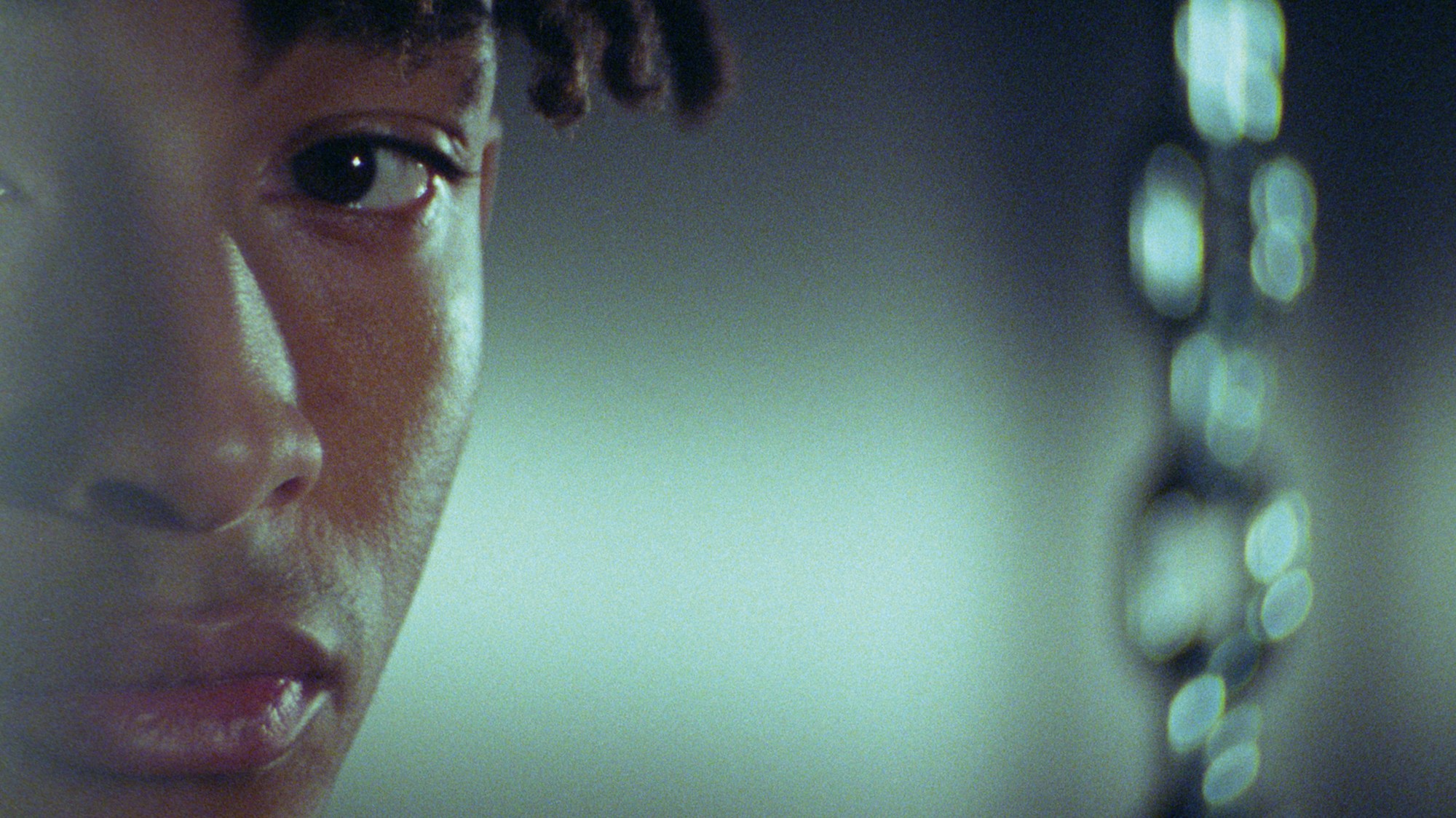This story originally appeared in i-D’s The Out Of Body Issue, no. 367, Spring 2022. Order your copy here.
It is not surprising that, at the age of 23, Jaden Smith would have already evolved from a child actor to a multi-hyphenate creator. Although he is, of course, a scion of one of Hollywood’s most famous families, and although his surname is difficult to overlook, Jaden has long been a man on a mission. He’s never been one to be defined by his familial legacy: for almost a decade now, he’s been determinedly carving his own path through music, fashion, and environmental activism. He’s restlessly gone in whichever direction he’s wanted to and, talking to him, he quickly demonstrates that he’s all of the things he does at once.
The child of Will Smith and Jada Pinkett-Smith, he’s grown up a certified member of Hollywood’s young elite, counting Justin Bieber – who he’s headed on a world tour with this year – and the Kardashian–Jenner clan as old friends. To the outside world, he’s one of the cool kids – but for a young Jaden, it was hard to shake fears that he didn’t quite fit in. Eventually, those feelings became the inspiration behind the name of his clothing brand, MSFTS — co-founded with friends Moises Arias, ¿TÉO?, and his sister Willow — which originally began as a merch offering of hoodies and tees designed to represent a community who felt they were outsiders in society. It’s now become a full-fledged streetwear line, in tune with both the aesthetic proclivities and cultural values of a generation.
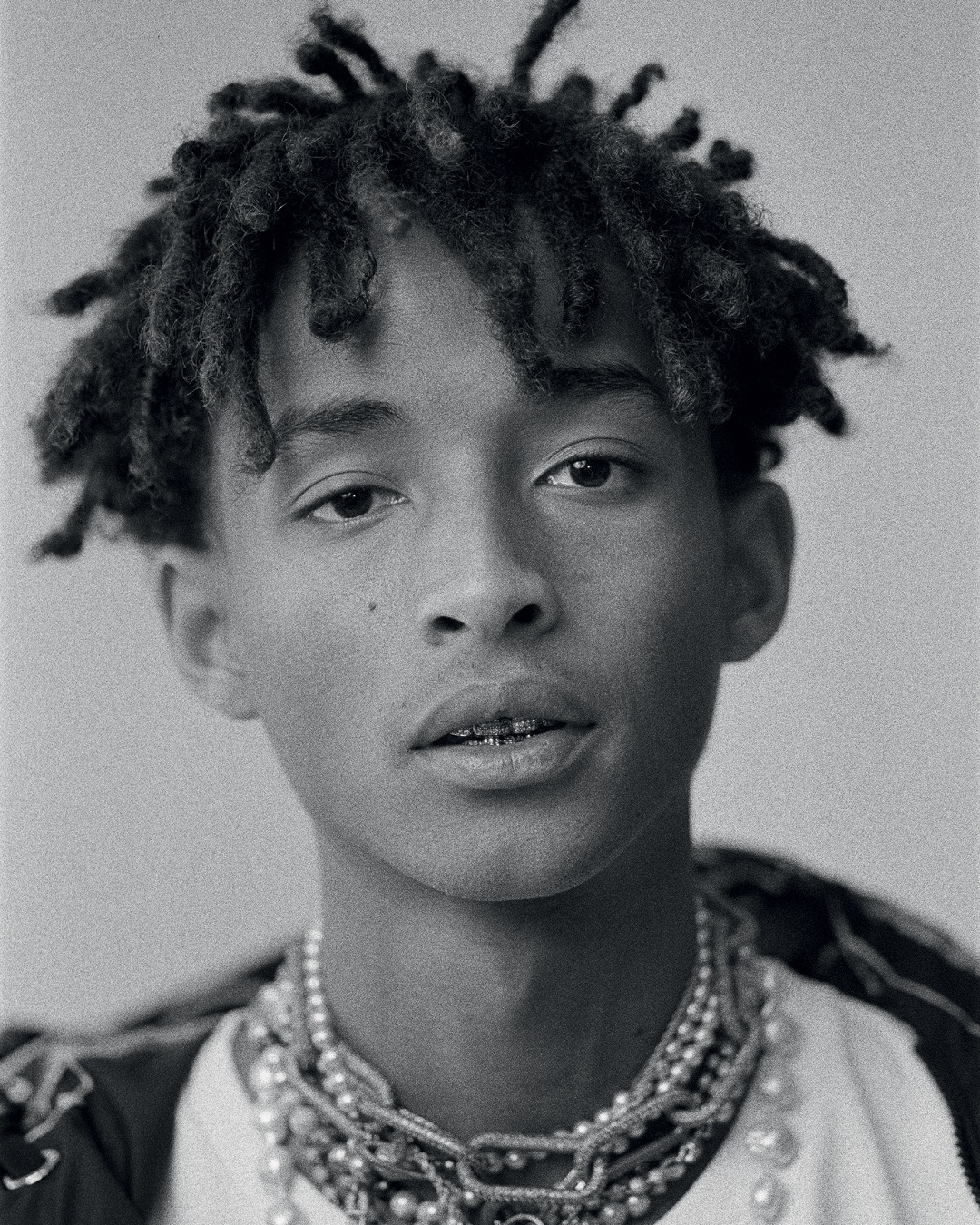
Echoing Jaden’s personal style – on any given day he might be spotted in anything from a skirt and crop top to jeans and a tee, mixing upcycled pieces with designer staples – the brand has a strong focus on sustainability and gender fluidity. Recently, the LA-based brand gained global recognition, showcasing at Italy’s biannual menswear tradeshow, Pitti Uomo. Shortly after, production for the brand moved to Italy in a shift to position it within the luxury fashion sphere.
Catching up with Jaden after in Los Angeles, he tells us more about the brand’s psychedelic inspirations, returning to the stage to open for Justin Bieber, and coming out of the pandemic with new ideas.

Hey Jaden, how did the shoot go?
Good. It was really creative. This shoot is the first look anyone has got at the SS22 MSFTS collection. It’s our trippy, summer collection – all about studying mystical states of consciousness and just expanding your consciousness.
The brand has really taken off in the past year. Did the pandemic give you time to incubate ideas and take things further?
Yeah, I feel like during the pandemic I really had a lot of time to work on it more. 2022 is gonna mark ten years of MSFTS, so now I’m just doing what I’ve always wanted to do but have never been able to.
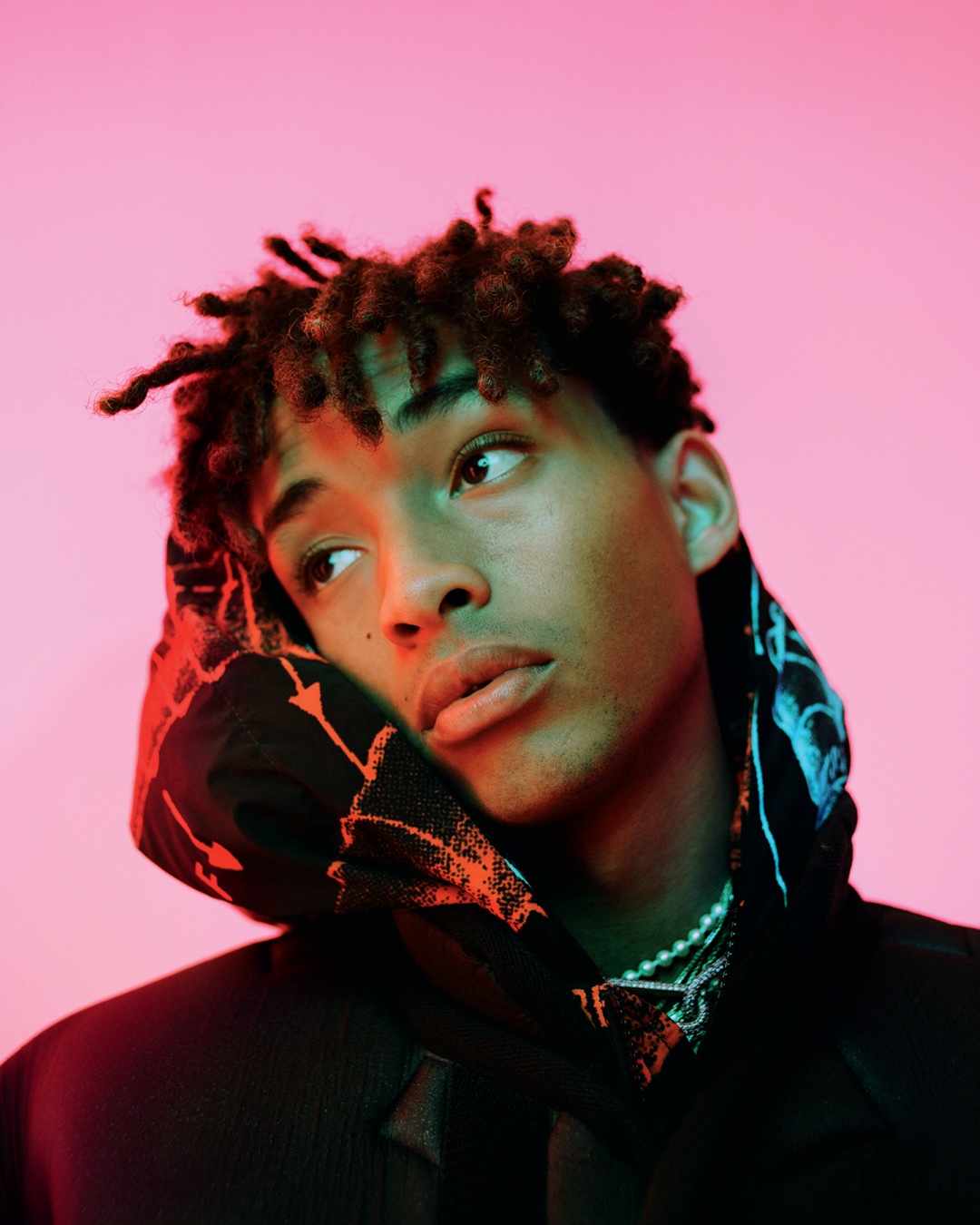
If you had to describe what the brand stands for, what would that be?
The brand is for people who feel left out, and feel that they don’t belong. That’s what it’s all about. It’s a place where we can all be together and talk about things that people don’t really talk about, whether that is alternative histories, or different ways of looking at where we are and who we are, or just sitting together in a room full of people expanding your consciousness. It’s just really a place for people who feel they don’t fit in. That’s why we call it MSFTS. It’s for young people to express themselves and their ideas. People won’t even have conversations with weird people, so we have to create a community for ourselves to be able to have conversations with each other.
Maybe it’s time to normalise weirdness?
We don’t want to be normalised. We don’t want to fit in; we’re different from other people. We just are who we are, and we just want people to accept us for who we are. If they don’t it’s fine, because we have each other.
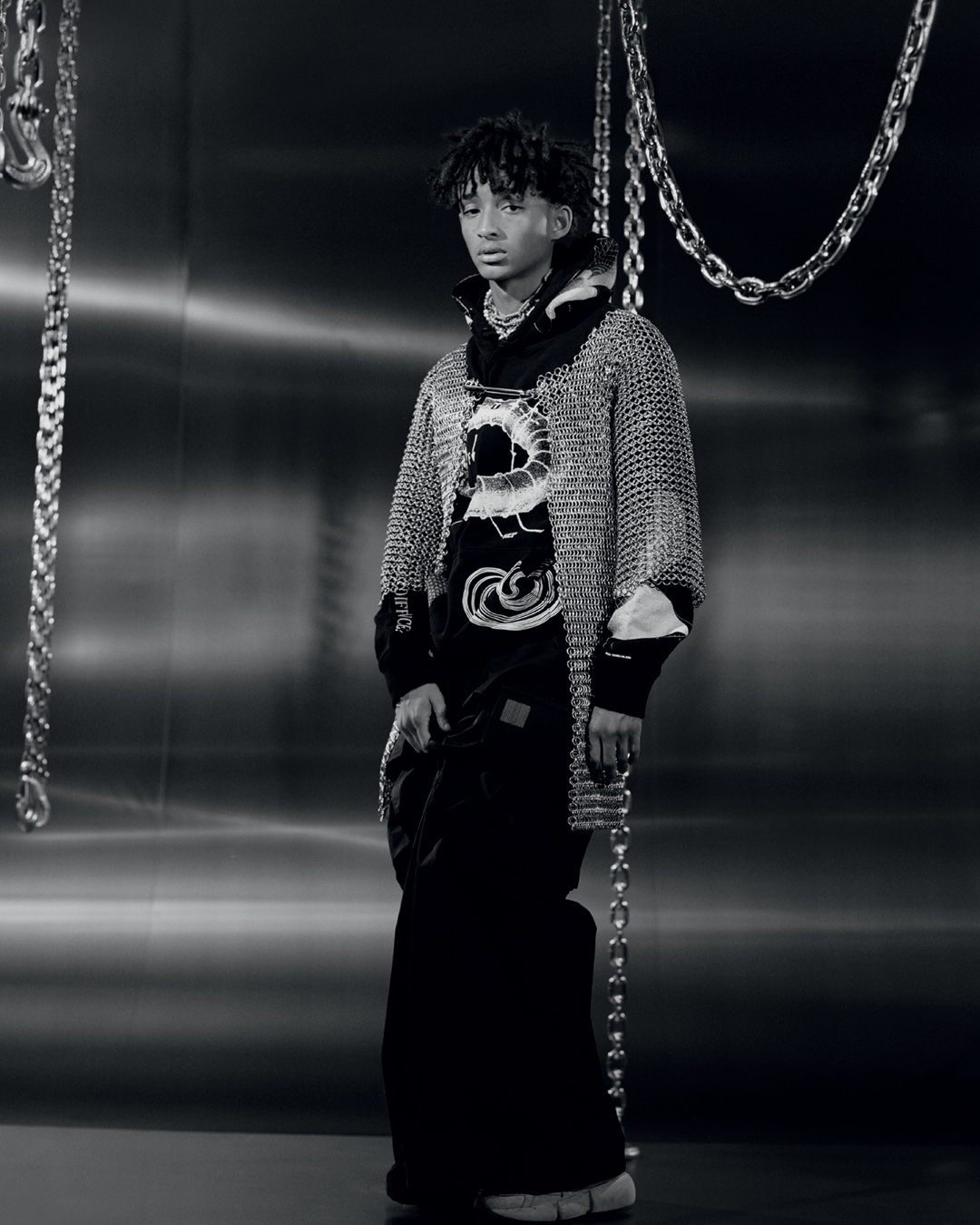
Your own personal style is expressive, and often blurs gender expectations. Are those style principles something you’ve woven into the MSFTS brand?
Yeah, we put how we feel about the world into the clothes we wear. My sister and I both wear whatever we want, so we make whatever we want to make.
You released your latest album, Cool Tape Vol. 3, during the pandemic, at a time when there were no concerts. How did it feel not being able to connect with audiences after its release?
You know, it was actually amazing not having to see anyone after I released the album – not having to explain anything to anyone. The album came out of a time when I wasn’t in contact with anyone, so I almost feel like this album was the album I made to not perform.
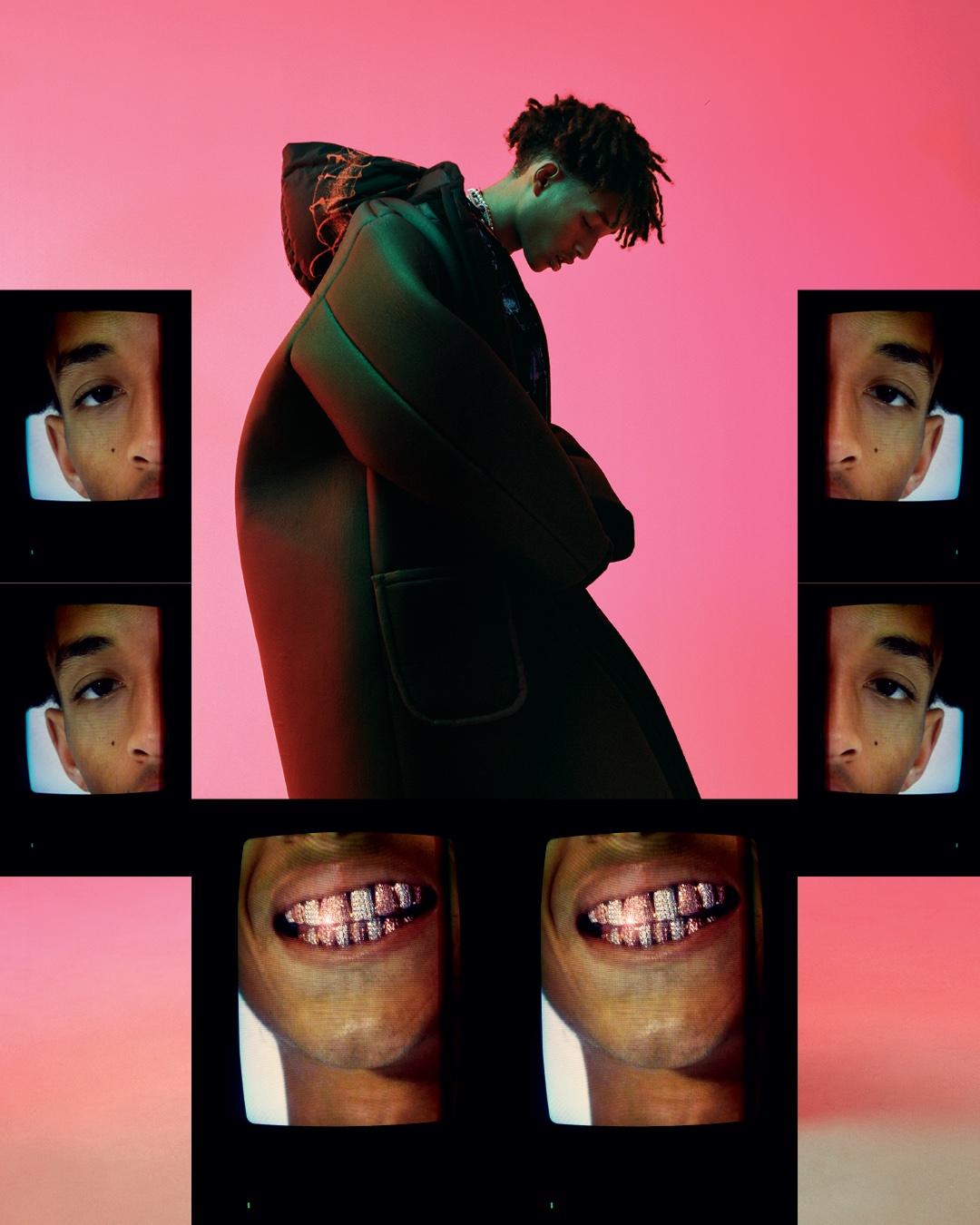
You released the first volume back in 2012. Almost ten years later, how do you feel about the evolution of your music since then?
I mean Cool Tape Vol. 1 to Cool Tape Vol. 3 literally sound like they were made by completely different people, completely different artists. I just listened to them both the other day actually, I’ve grown up so much, it’s really kind of crazy.
Looking back on your growth, did you ever feel pressure to hit certain milestones by a certain age?
I think I used to feel that way but now I don’t as much. I think I’m doing it at a good pace now.
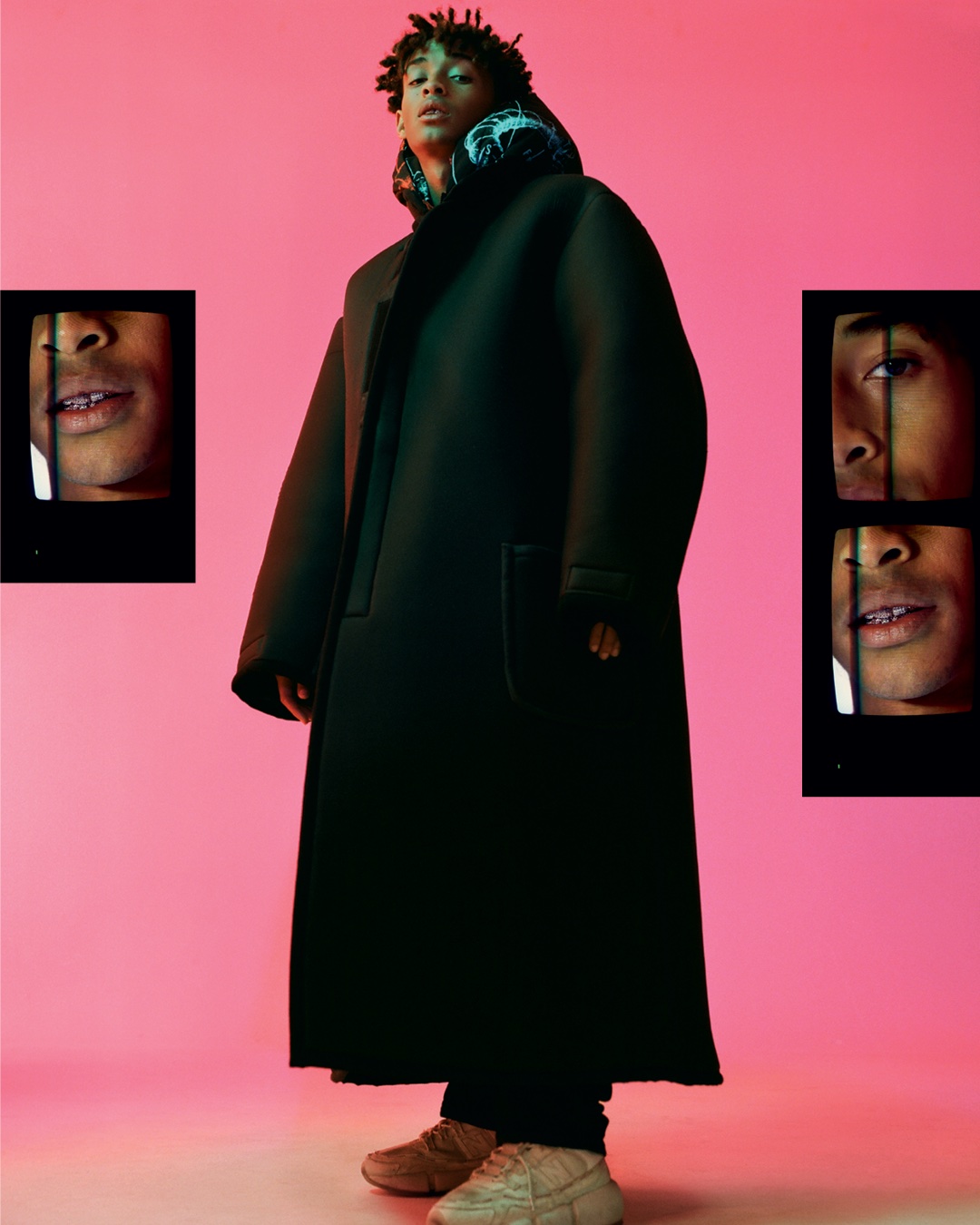
You’ve talked about experiences in different states of consciousness and psychedelic journeys before – has your experience with psychedelics re-shaped your worldview in any way?
It just completely reframed it, especially in terms of thinking of the world outside of yourself. Some of the most profound experiences of my life have been in the past few years with psychedelics. Psychedelics can show people just another aspect of reality that they didn’t know was there. It’s hard to explain. You can’t really put it into words, so I try to put it into music, and clothes.
What helps you conquer your fears?
I think certain kinds of failure really help you to conquer your fears. Just jumping off into the cold water always worked for me. Failing to do that also works too.
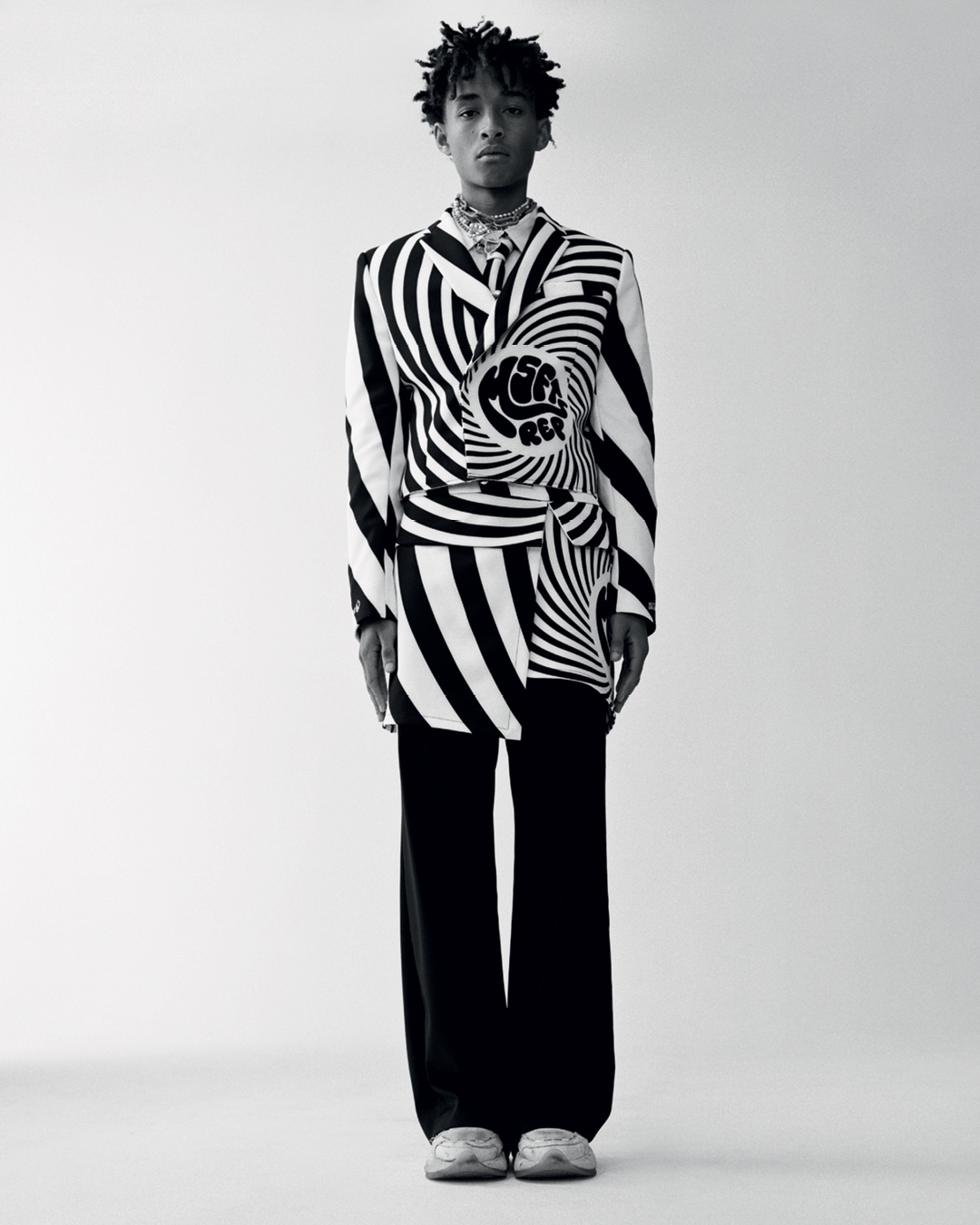
You’ve been vocal about environmental causes and climate change, too. What would you say to young people who want to get involved in environmental solutions for climate change?
I would say just start by educating yourself. Once you understand how it all works, then you can really know what to do to make a difference. That’s happened to me with so many different things, so I just think just educating yourself on it is the biggest thing you can do.
Are you completely vegan? For you, is that part of the solution?
I eat honey, and butter gets into things that I eat sometimes, so I’m not completely vegan but I don’t eat meat at all. If everyone was vegetarian, our greenhouse gas emissions would drop like crazy. So just making a small decision like that can really be the difference. But you don’t have to become vegetarian. Too many people say you have to become a vegetarian, but I want to be the person to say that you don’t have to if you just eat much less meat. That doesn’t mean never eating meat – that scares away a big group of people. You can be vegetarian during the week and eat meat on the weekends. There have to be other models, different ways to do this for people to get on board.
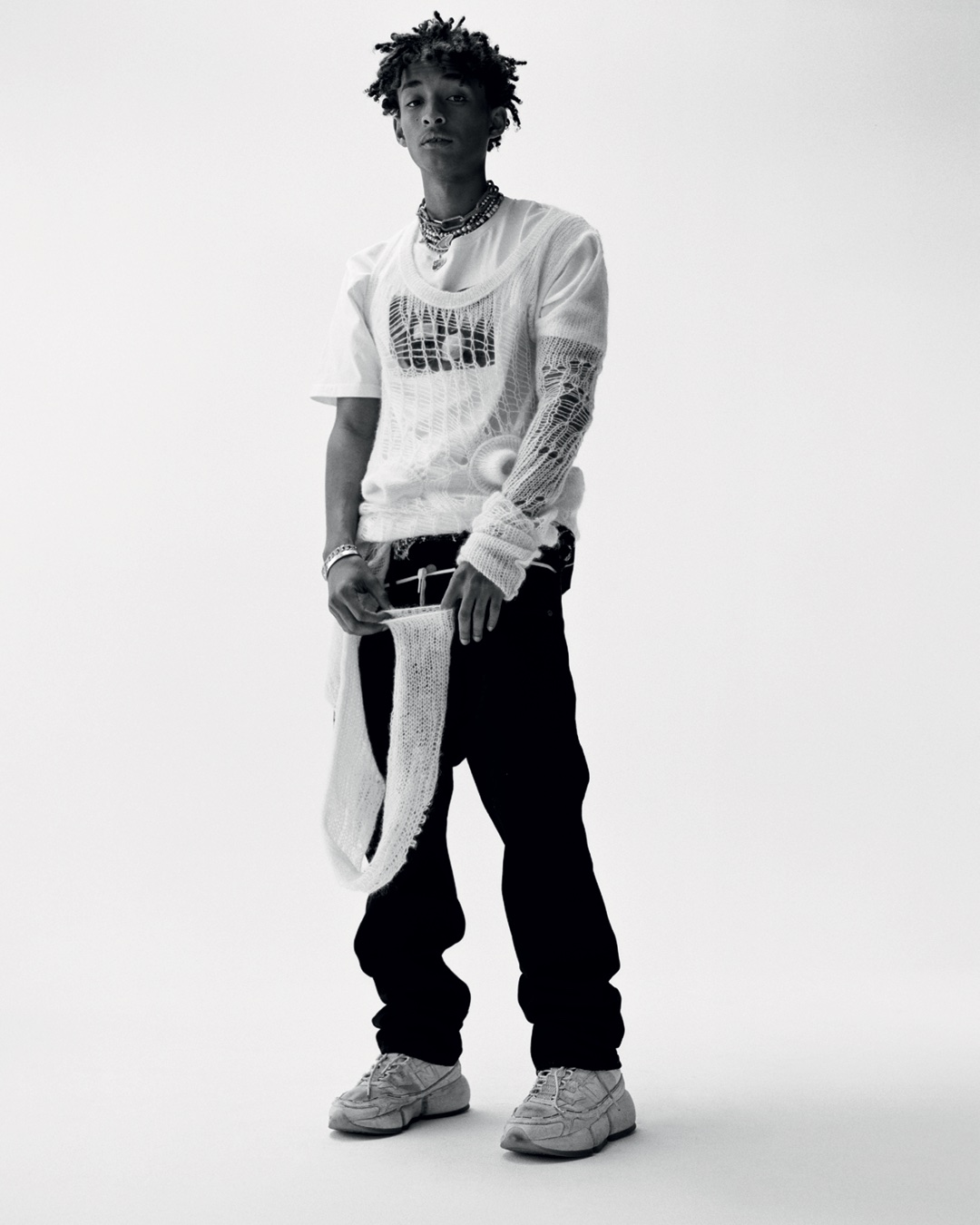
There are ways to start small by changing some of our daily habits…
100% – but more than just our daily habits, it’s about the corporations that are inside of our daily habits, and the decisions that we make by choosing to support certain corporations. We really have to hold these corporations and the governments responsible for the things that they say they’re going to do, and the plans that they have. We have to hold them responsible when they don’t do the things they say they’re going to do. We really have to stop supporting them. That’s what’s going to make the biggest difference.
So you think it’s a more institutional issue rather than individual?
Yeah, definitely. An individual carbon footprint is important, and we need to monitor that, but we also need to pay attention to the carbon footprint of these huge companies and what they’re getting away with. All of our carbon footprints matter, but not all of us are dumping chemicals in rivers upstream of where kids are playing.
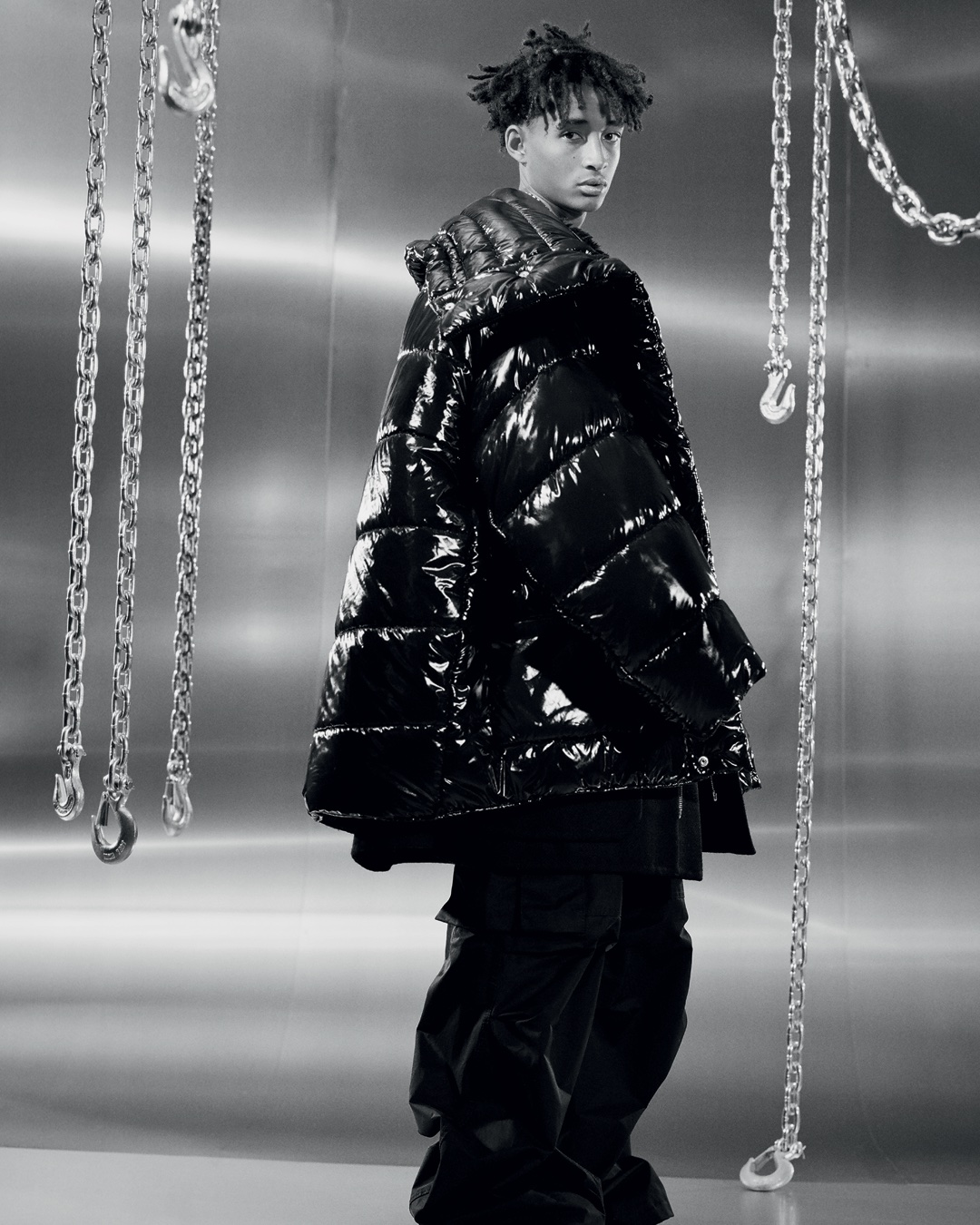
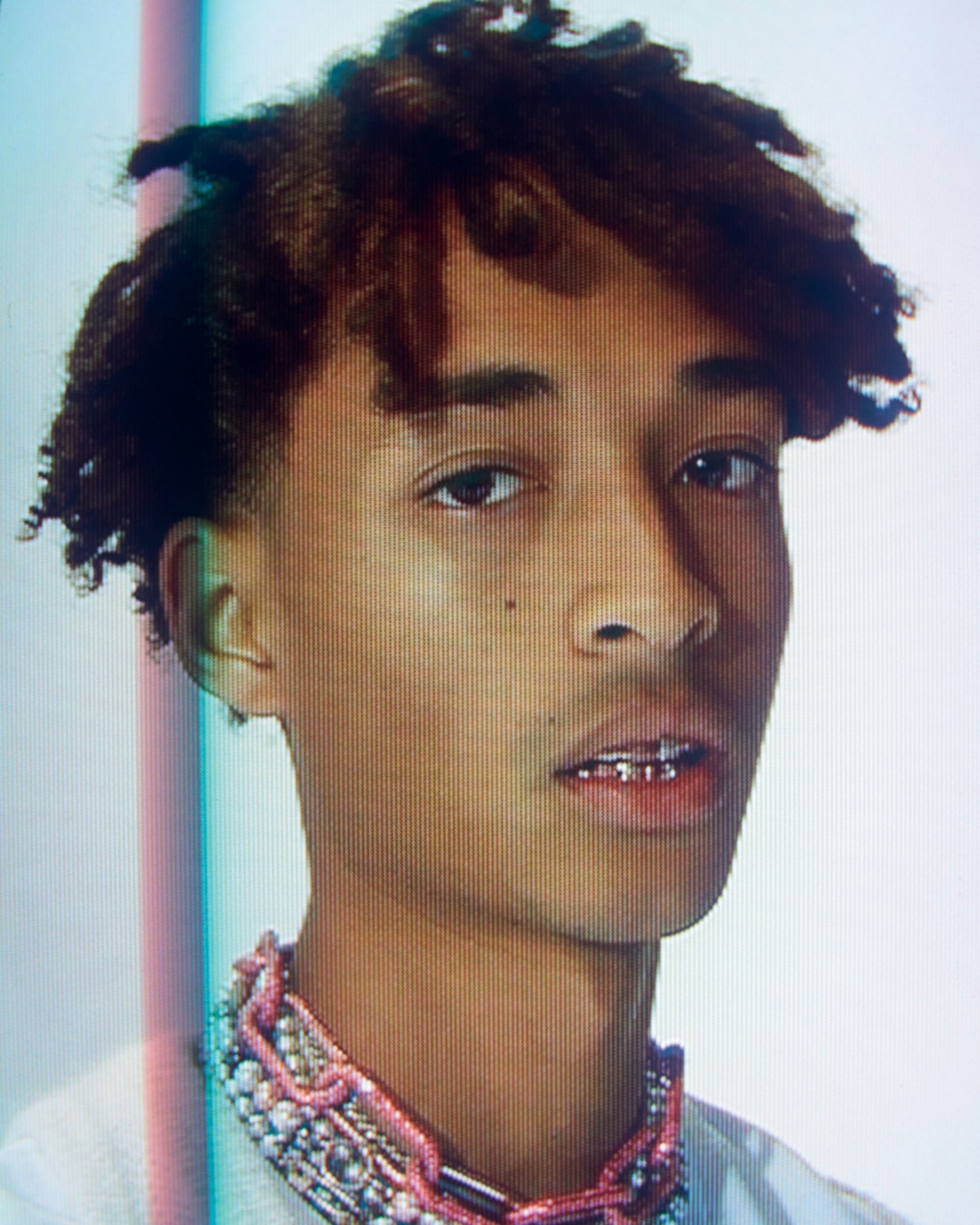
Follow i-D on Instagram and TikTok for more on music and fashion.
Credits
Photography Tyler Kohlhoff.
fashion Lana Jay Lackey.
Make-up Tasha Reiko Brown for CHANEL.
Set design NU CALIFORNIA.
Photography assistance Collin Smith, Sabrina Victoria and Austin Withers.
Styling assistance Katie Chavez and Amontae Arnold.
Special thanks to BLUSH STUDIOS.
Casting director Samuel Ellis Scheinman for DMCASTING.
